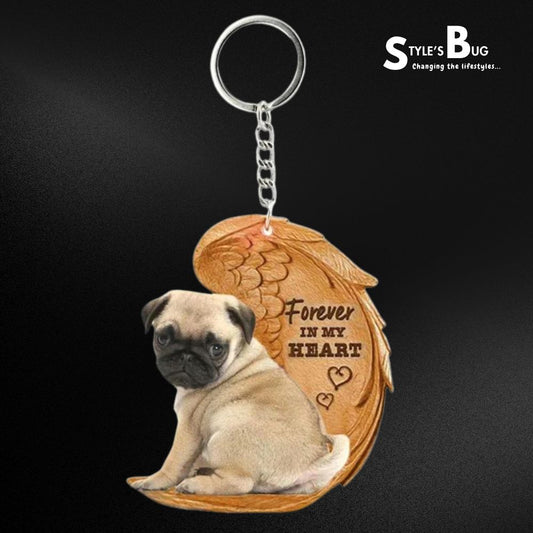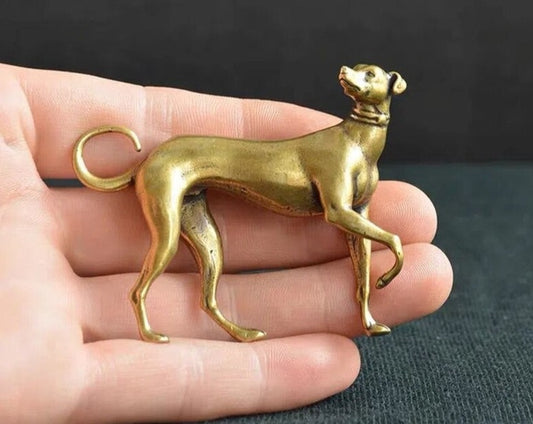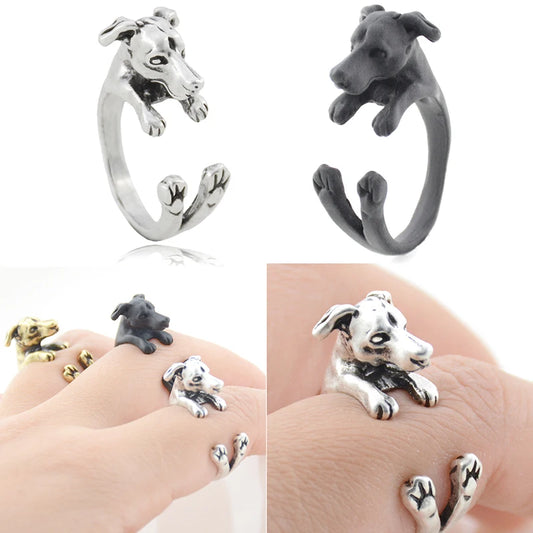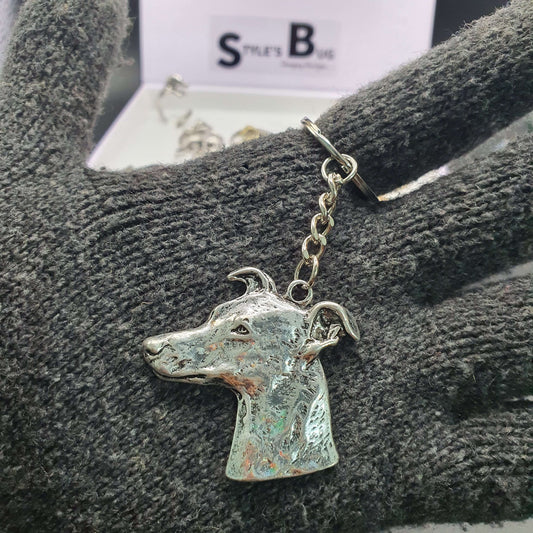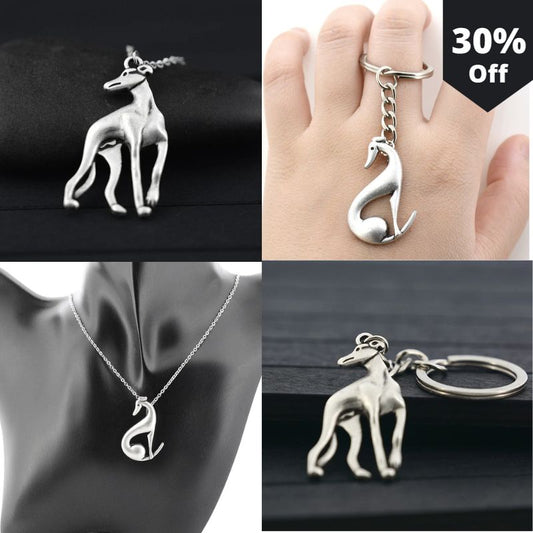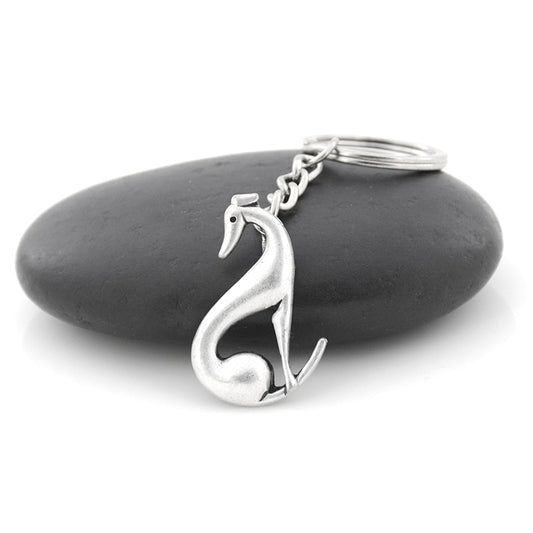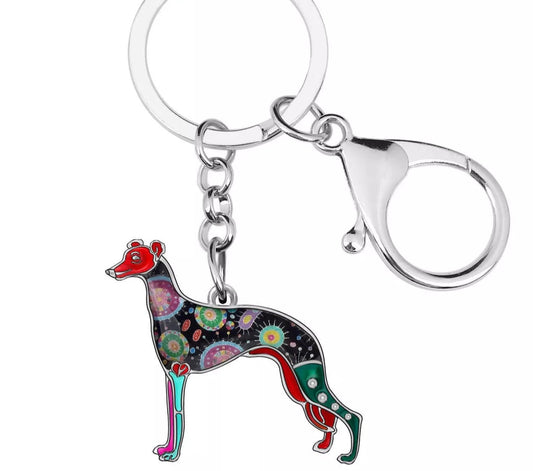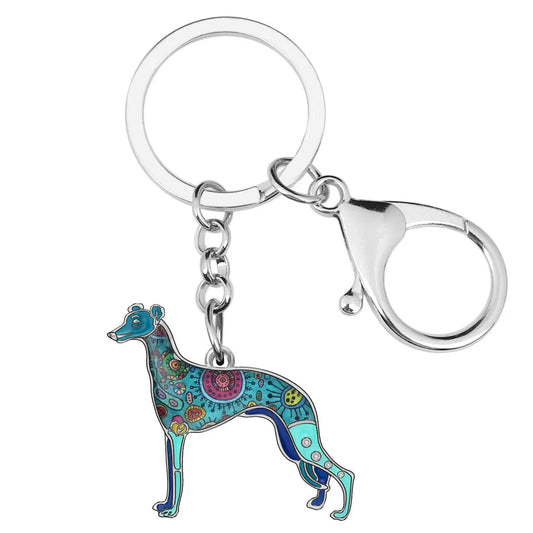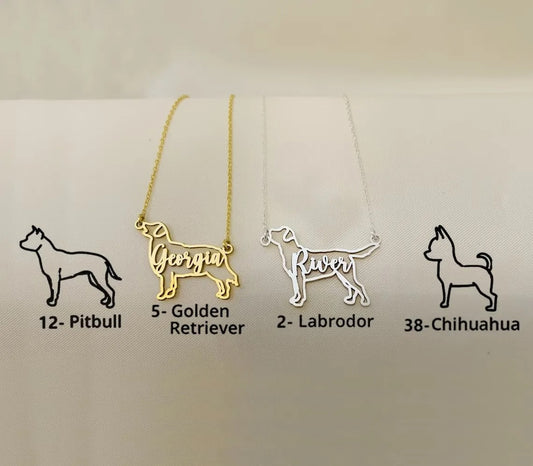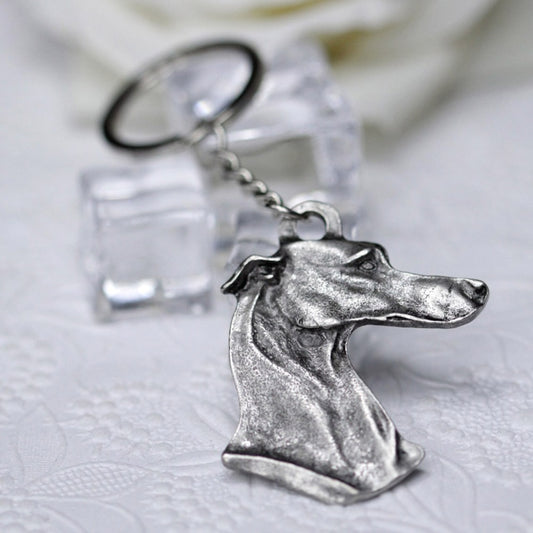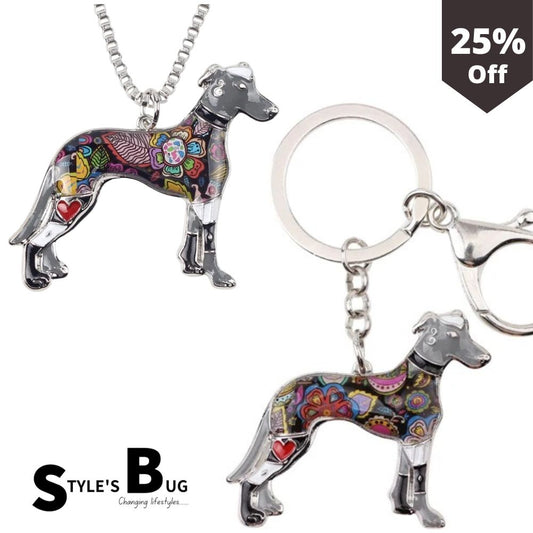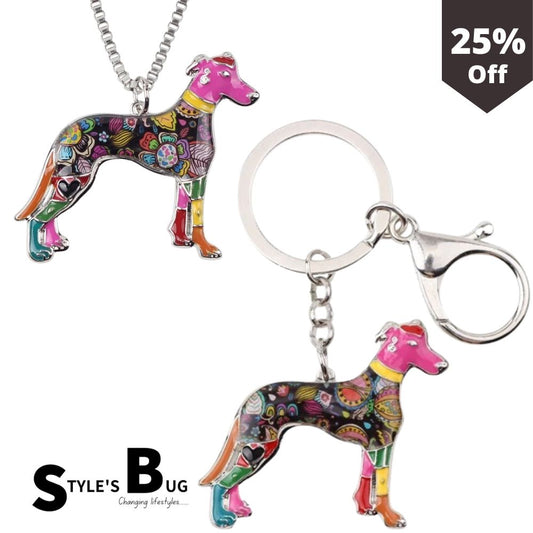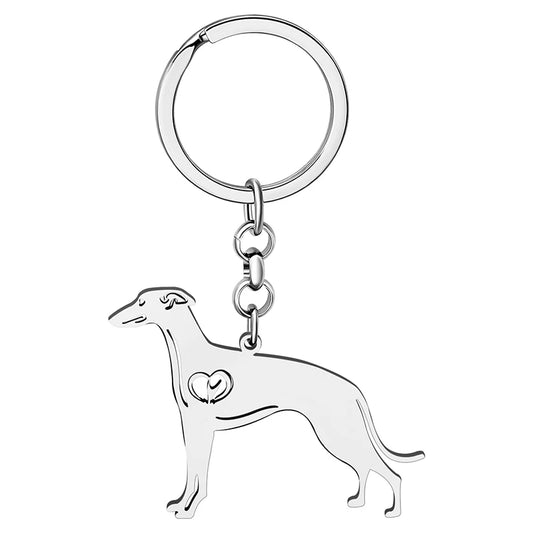(3 minutes read)
Greyhounds, renowned for their sleek physiques and incredible speed, are a unique and beloved breed. Known as "the cheetahs of the dog world," these elegant canines are not only famous for their racing prowess but also for their gentle and affectionate nature. However, like all breeds, Greyhounds come with their own set of breed-specific health issues. Understanding these health concerns can help owners provide the best possible care for their Greyhound companions.
1. Bloat (Gastric Dilatation-Volvulus)
Bloat is a life-threatening condition that can affect Greyhounds. It occurs when the stomach fills with gas and twists, cutting off blood flow. Symptoms include restlessness, drooling, a swollen abdomen, and attempts to vomit without success. Immediate veterinary intervention is critical. To help prevent bloat, feed your Greyhound smaller, more frequent meals and avoid vigorous exercise immediately before and after eating.
2. Anesthesia Sensitivity
Due to their low body fat and unique metabolism, Greyhounds are particularly sensitive to anesthesia. This sensitivity requires veterinarians to use specific protocols and dosages when sedating or anesthetizing these dogs. Always ensure your vet is experienced with Greyhounds or is at least aware of their special needs in this area.
3. Dental Disease
Greyhounds are prone to dental issues, including periodontal disease. Their narrow jaws can lead to crowded teeth, which makes them more susceptible to plaque and tartar buildup. Regular dental care, including brushing your Greyhound’s teeth and providing dental chews, is essential. Professional cleanings may also be necessary.
4. Osteosarcoma (Bone Cancer)
This aggressive form of bone cancer is unfortunately common in Greyhounds, particularly in older dogs. Symptoms often include lameness and swelling in the affected limb. Early detection and treatment, which may involve surgery and chemotherapy, are crucial for improving quality of life and longevity.
5. Hypothyroidism
Hypothyroidism occurs when the thyroid gland does not produce enough hormones, leading to symptoms like weight gain, lethargy, hair loss, and skin issues. This condition is relatively common in Greyhounds and can be managed with daily medication and regular monitoring by a veterinarian.
6. Heart Issues
Greyhounds are predisposed to certain heart conditions, including dilated cardiomyopathy and heart murmurs. Regular veterinary check-ups, including heart health screenings, are important for early detection and management. Additionally, Greyhounds have naturally lower heart rates and higher blood pressure than other breeds, which can sometimes be mistaken for health problems.
7. Skin Conditions
The thin skin and short coat of Greyhounds make them prone to cuts, scrapes, and other skin issues. They can also be sensitive to extreme temperatures, so it's important to provide appropriate protection from the elements. Regular grooming and skin checks can help catch and address issues early.
8. Greyhound Myopathy
This muscle disease, also known as “Greyhound neuropathy,” affects the muscles and nerves, leading to weakness, muscle wasting, and difficulty walking. While it's a rare condition, it’s something Greyhound owners should be aware of. Treatment options are limited, and the focus is often on supportive care to maintain quality of life.
9. Immune-Mediated Diseases
Greyhounds are more susceptible to immune-mediated diseases such as immune-mediated hemolytic anemia (IMHA) and immune-mediated thrombocytopenia (ITP). These conditions occur when the immune system mistakenly attacks the body’s own red blood cells or platelets. Symptoms include lethargy, pale gums, bruising, and bleeding. Early diagnosis and treatment are essential.
Preventive Care and Regular Check-Ups
Preventive care and regular veterinary check-ups are vital for catching and managing these health issues early. Here are some tips to keep your Greyhound healthy:
- Regular Vet Visits: Schedule annual or biannual check-ups to monitor your dog’s health.
- Proper Nutrition: Feed a balanced diet suited to your Greyhound’s needs.
- Dental Care: Maintain a regular dental hygiene routine.
- Exercise: Provide regular, moderate exercise, avoiding overexertion.
- Weight Management: Keep your Greyhound at a healthy weight to reduce the risk of joint issues and other health problems.
- Monitor Symptoms: Be vigilant for any signs of illness or discomfort and seek veterinary care promptly.
Owning a Greyhound is a rewarding experience filled with companionship and affection. By understanding and addressing their specific health needs, you can ensure that your Greyhound leads a happy, healthy life. Always consult with your veterinarian about any concerns and stay informed about the best practices for Greyhound care.



